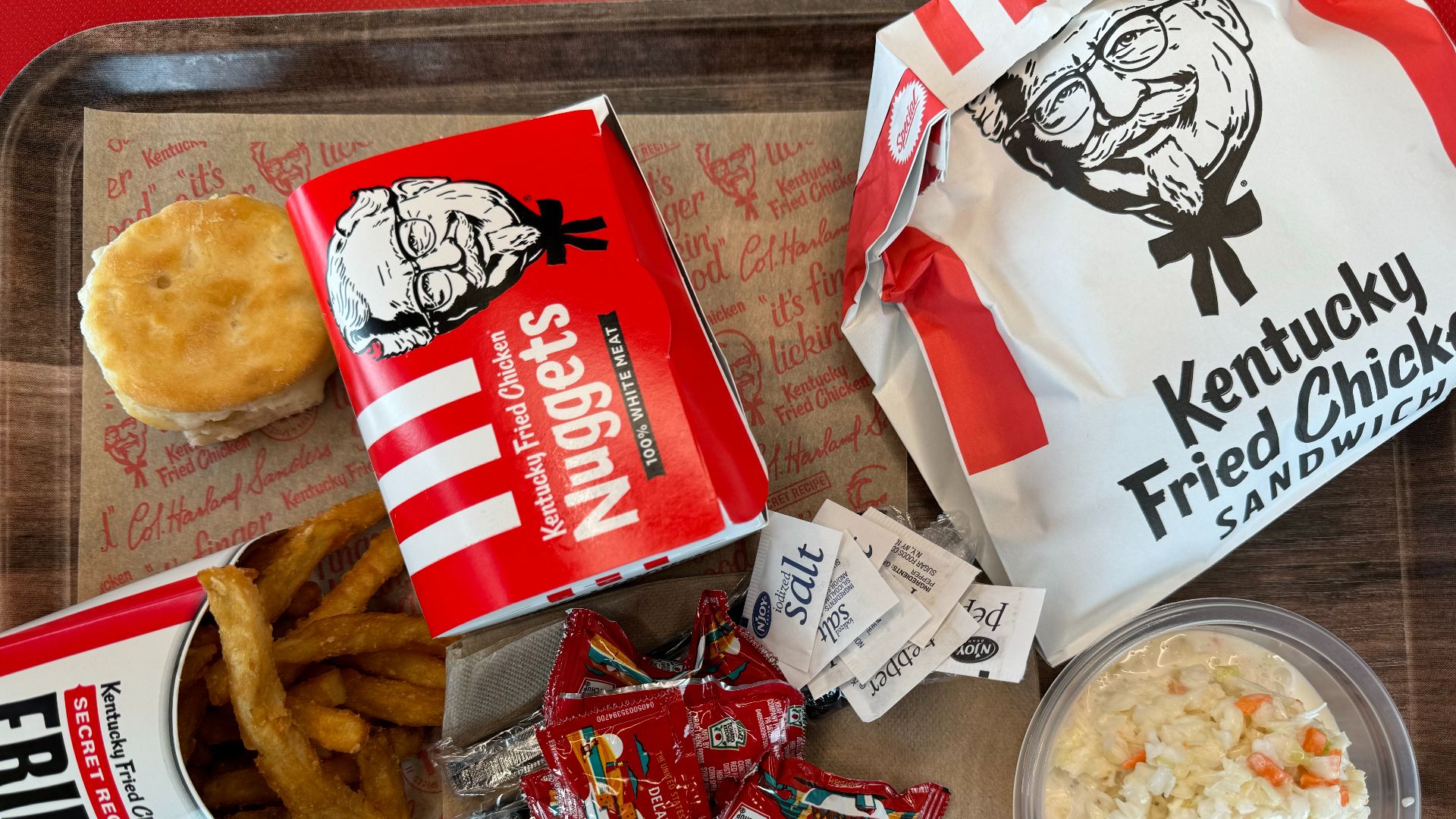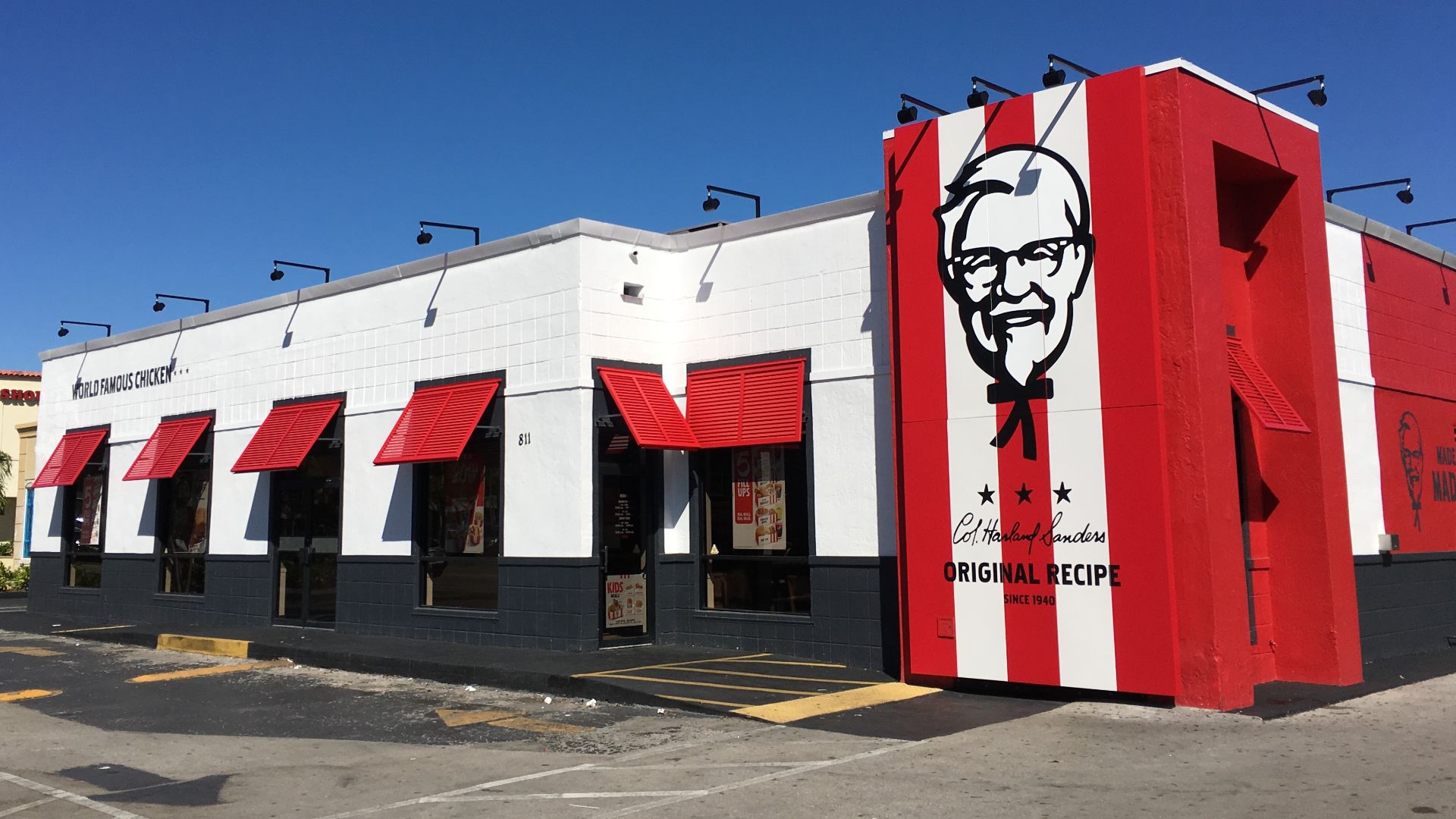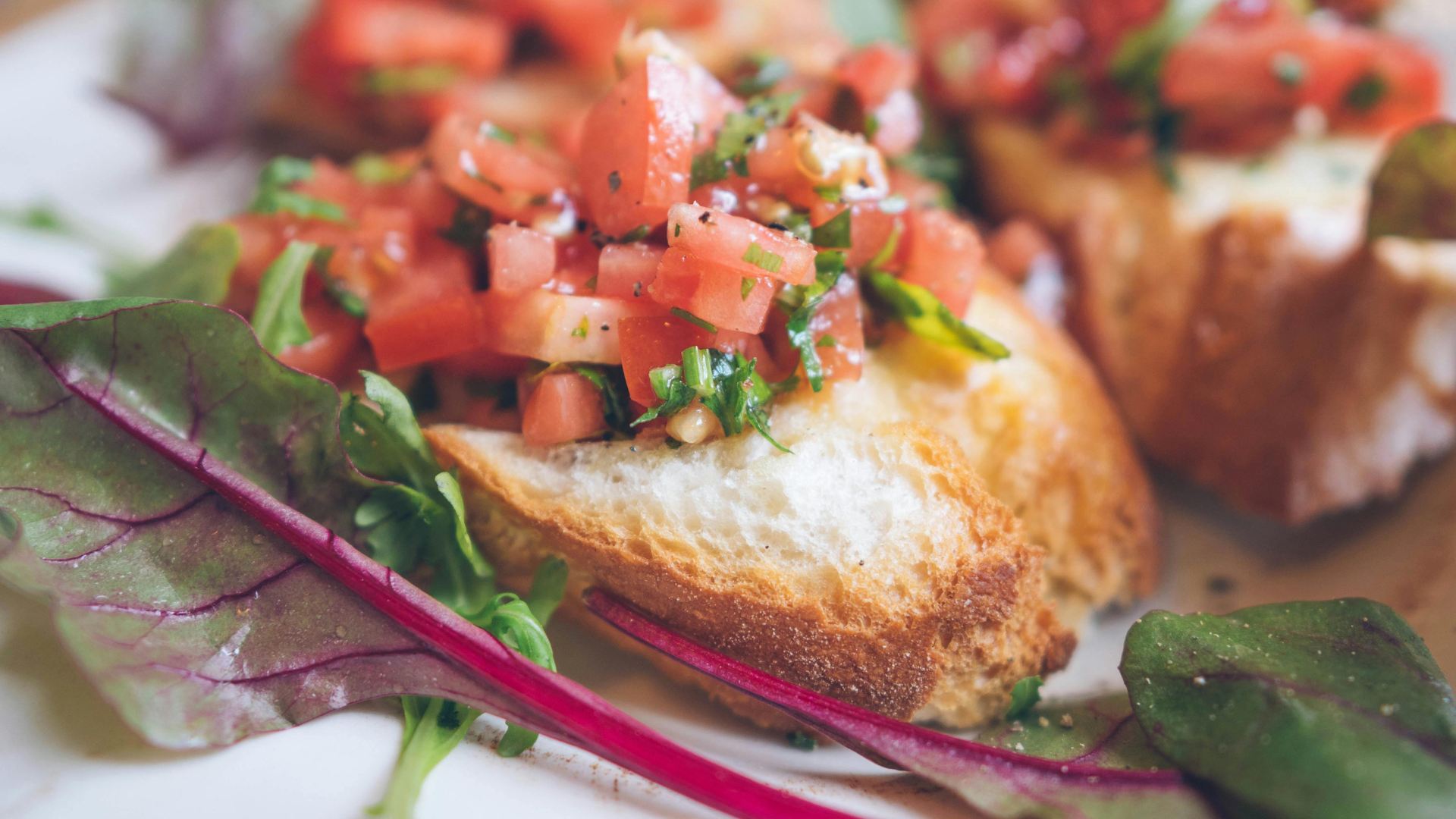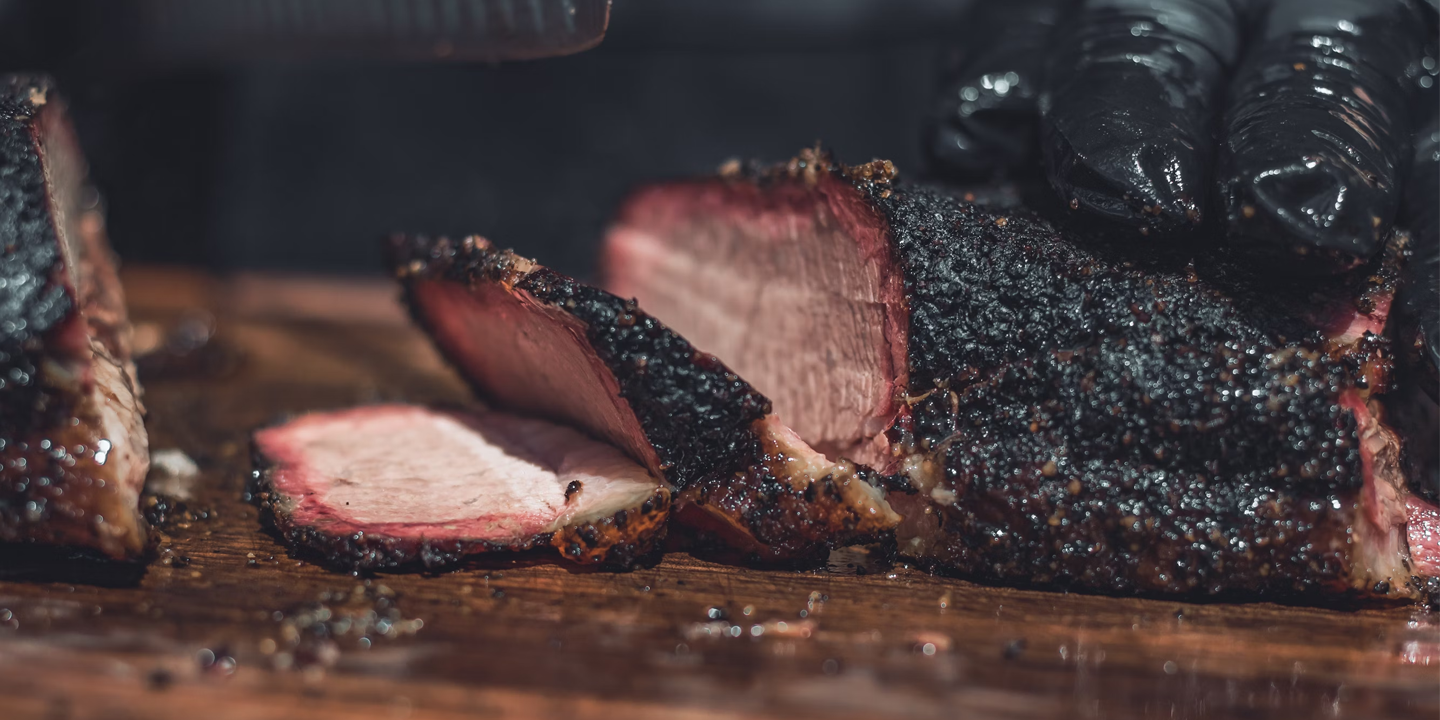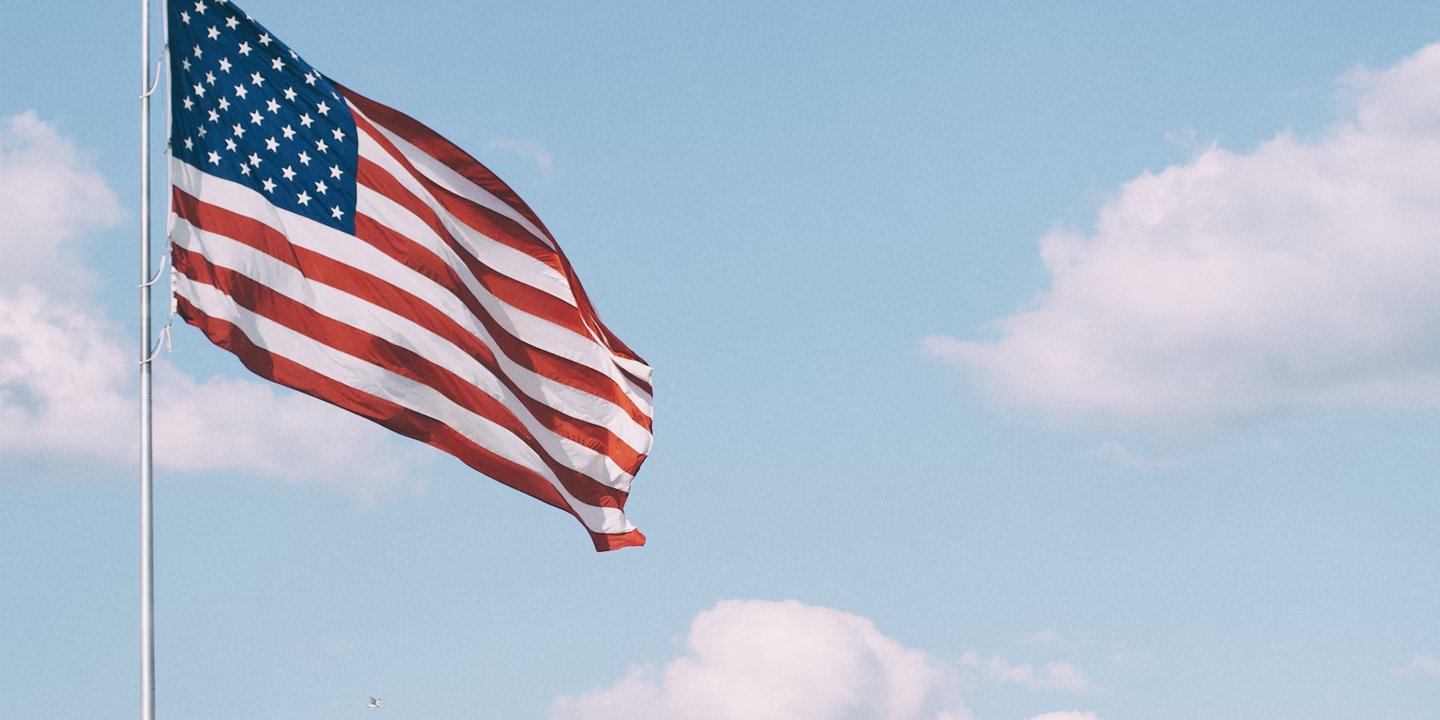In the midst of the Great Depression, an unlikely culinary revolution began at a humble gas station in Corbin, Kentucky. Harland Sanders, a man who had bounced between careers as a farmhand, insurance salesman, and steam engine stoker, started serving hungry travelers his homemade fried chicken as a way to make extra cash.
Little did he know this side hustle would change the global fast food landscape forever.
The Colonel's Humble Beginnings
Born in Indiana in 1890, Sanders learned to cook at a tender age after his father's demise when he was just six years old. By 1930, at the age of 40, he had opened Sanders Court and Café, where he perfected his cooking techniques. The breakthrough came in 1939 when the individual began using pressure fryers to prepare chicken faster without sacrificing quality.
What made his chicken special wasn't just the cooking method, but his secret blend of 11 herbs and spices—a recipe so valuable that he reportedly carried it written on a piece of paper in his wallet. This combination crafted a distinct flavor profile that would soon take over the taste buds of Americans.
Roadside Café To Global Phenomenon
The KFC story could have ended when a new highway bypassed Sanders' restaurant in 1956. Instead, at 65 years old and living on a $105 monthly Social Security check, Sanders took to the road with his secret recipe and a vision. He traveled door-to-door, cooking his chicken for restaurant owners and securing franchise agreements with a handshake.
His first major breakthrough came in 1952 when Pete Harman in Salt Lake City, Utah, became the first official KFC franchisee. It was Harman who coined the iconic "Finger Lickin' Good" slogan and pioneered the famous bucket packaging in 1957. The Colonel's distinctive image, complete with white suit, black string tie, and goatee, became the face of this venture.
By 1964, Sanders had built a network of over 600 franchised outlets across the United States and internationally. That same year, at 73 years old, he sold the business to a group of investors for $2 million (equivalent to about $20 million today) while remaining the brand's iconic ambassador.
A Lasting Legacy In Fast Food
The company introduced several innovations that became industry standards, from the iconic bucket packaging to pioneering international expansion.
Today, KFC operates over 20,000 restaurants in 118 countries, making the Colonel's face one of the most recognized in the world. Sanders remained deeply connected to his creation until his demise in 1980 at age 90, sometimes controversially criticizing changes to his recipes.
What makes KFC's story particularly remarkable is that it represents a genuine American dream—a man who experienced numerous failures and setbacks before finding extraordinary success late in life through persistence and an unwavering belief in his product.
The Colonel's legacy proves that with the right recipe, both literally and figuratively, it's never too late to build something finger-lickin' good.


